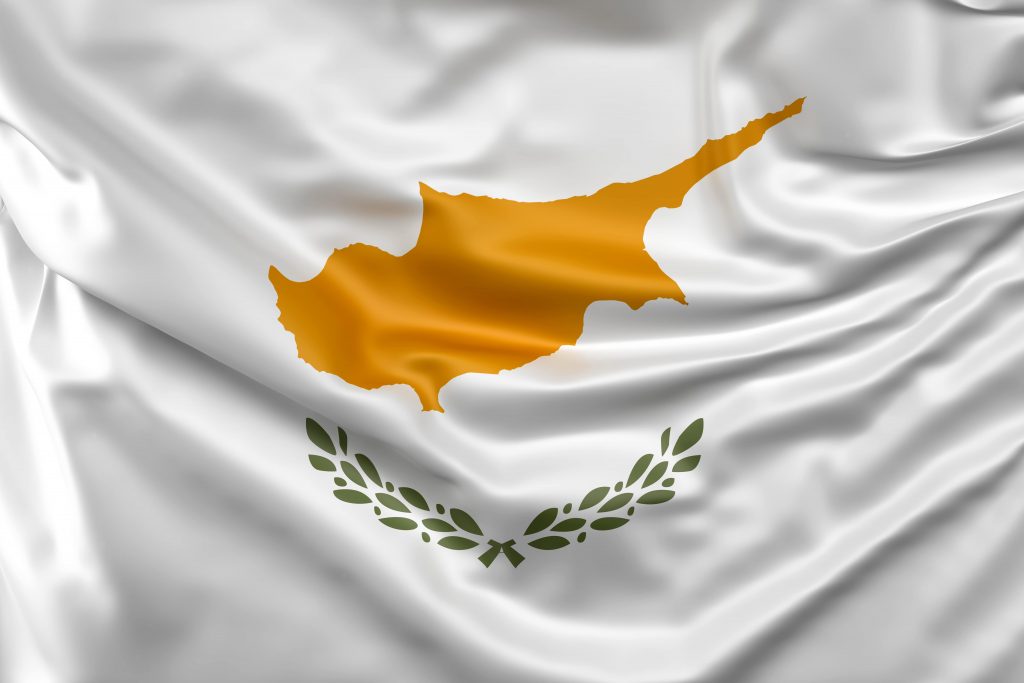Top Dialects of the Turkish Language
Turkey has a thriving tourism scene and is one of the most visited destinations in the world. If you were one of Turkey’s 30 million annual tourists, you probably visited the country’s largest city, Istanbul. As the country’s economic, historical, and cultural center, it should come as no surprise that the linguistic variety spoken in Istanbul is widely accepted as the standard across the Turkish language. But there are plenty of other forms of Turkish, too, many of which are quite different from the Istanbul variety. Here’s a list of some of the most remarkable ones.
Table of Contents
Image via Pixabay
1. Istanbul
Istanbul Turkish is by far the most widely spoken variety of Turkish, with millions of speakers in and around Turkey’s capital city. The Istanbul dialect is the standard used in mass media, and since the 1930s, it has also been the pedagogical language used in the Turkish education system. If you’re a non-native speaker learning Turkish, it’s a near certainty that you’re learning the Istanbul variety.
2. Meskhetian
The Meskhetian dialect is spoken in the eastern end of Turkey, on its Asian side. For many years, this period was under Soviet rule, and as such, Meskhetian Turks were in contact with speakers of many different languages, such as Azerbaijani, Kazakh, and Russian. Because of this, the Meskhetian dialect is influenced by these other languages and has borrowed vocabulary from them.
How good is your Turkish? Find out by taking our free online Turkish level test!
3. Cypriot
During the Ottoman conquest of the sixteenth century, the Turkish language was introduced into Cyprus. As this form of Turkish was spoken on the island of Cyprus and was separated from mainland Turkey, it has evolved to be quite distinct from other varieties of the language.

Photo by www.slon.pics via Freepik
For example, in Istanbul Turkish, the suffix -mi is added to form questions, as in the question Annen evde mi? (“Is your mother home?”). This particle does not exist in Cypriot Turkish: the question would be formed simply as Annen evdedir?
4. Balkan
Also during the Ottoman Empire, Turkish was introduced to the Balkan Peninsula of Southeast Europe. Nowadays, it is spoken natively only by a handful of people in the region, especially in Bulgaria, Greece, Kosovo, and Romania.
Turkey has an interesting history, and the history of the Turkish language is just as rich. With over 60 million native speakers, Turkish is a major language, and learning it opens the door to countless personal and professional opportunities. If you want to learn Turkish — of any dialect — you should consider taking tailor-made courses from a qualified Turkish speaker. They will be able to help you navigate the complexities of the Turkish language, which can be quite daunting to native English speakers. Contact us to find out how we can help you meet your Turkish language learning goals.



